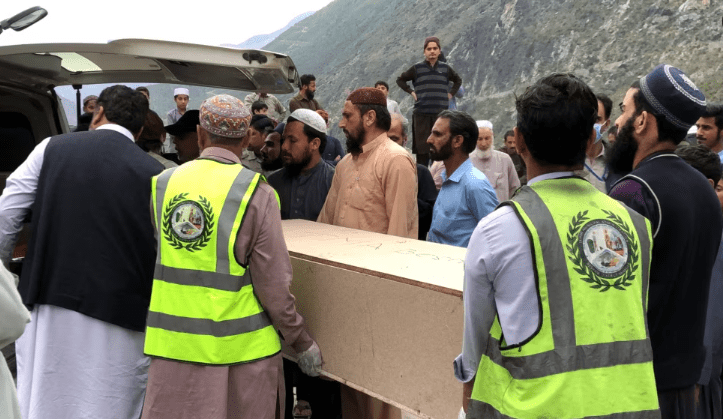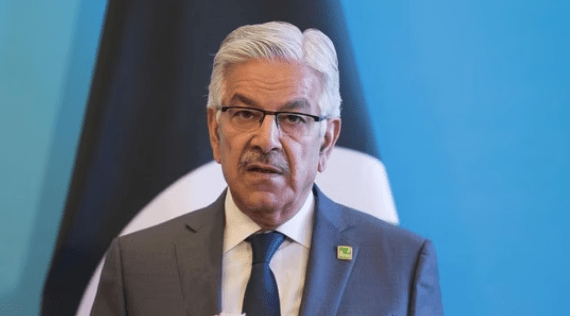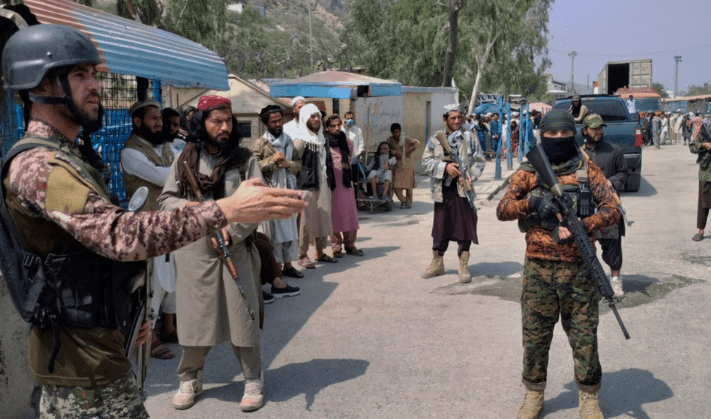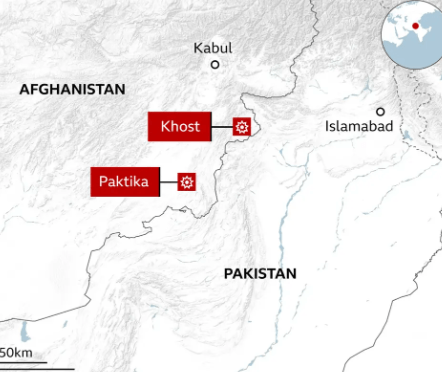Will China recognise Taliban 2.0?
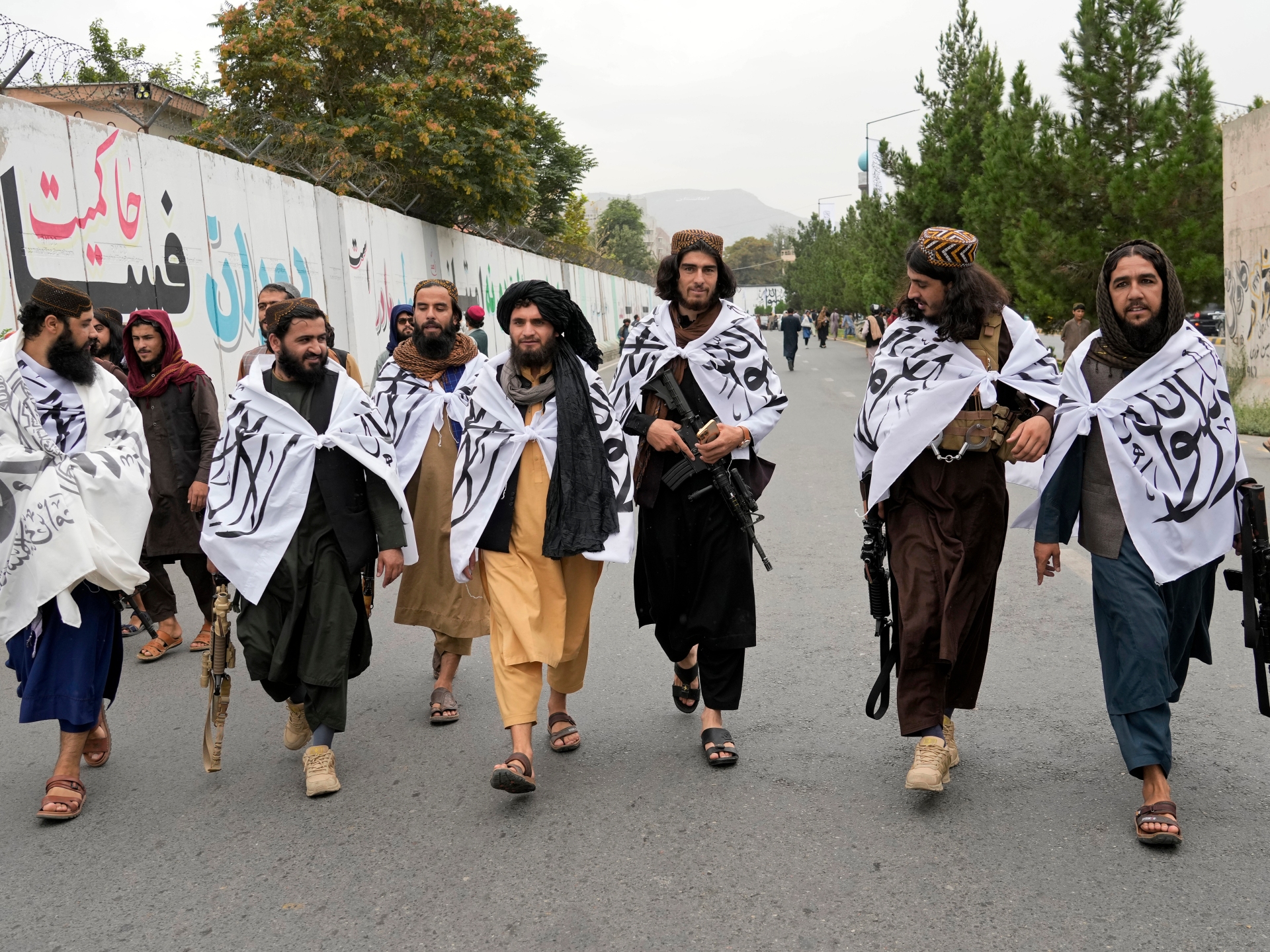
China’s recent efforts to promote and support Taliban 2.0 regime
indicates that it is getting ready to recognize the government currently in place
in Afghanistan. On the one hand, it is building a case for international
recognition of Taliban and for continuance of the waiver on the travel ban on
Taliban leaders. On the other hand, it is engaged in what is much more than
business and cultural diplomacy to broaden its footprint in Afghanistan. The
state-run Communist Party of China (CPC) media has, in recent months, run
a concerted campaign to show how the Taliban 2.0 have fairly handled the
security situation and taken steps to improve the economy in Afghanistan.
These media reports also highlight the contribution of the China and its
companies in bringing prosperity to the country. Business activity combined
with cultural diplomacy suggests that China is getting ready to recognise the
Taliban 2.0.
At the forefront of this “Taliban is good” campaign is the CPC mouthpiece,
Global Times (GT), which under editor in Chief Hu Xijin launched the “wolf
warrior” communication strategy. GT spread the ‘word’ that people across
Afghanistan are saying that the security situation has improved and, violence
had declined since the Taliban seized power. It, however, conceded that
“tribal culture” still holds great sway in Taliban’s governing style while
hastening to add that their administrative capabilities are “comparatively
more advanced.” GT asked Reto Stocker, the ICRC’s pointsperson in
Afghanistan for many years for a positive sound byte. He said: “An
improvement in security (situation) has allowed the Taliban regime to
maintain basic functioning (services) of urban life”. This apparent turn
around in the security scenario has created ‘space’ for Chinese companies
and businessmen to go around on ‘exploration’, even as there is a surge in
low-level Chinese trading activity.
Media reports indicate that some progress has been made on Chinese
investments and reconstruction projects. Chinese businessmen like Yu
Minghui, who have stayed put after the US-led NATO’s withdrawal, have
reaped benefits. He has four steel processing lines. The China Town, a 10-
storey building is the hub of Chinese business activity. An industrial estate is
coming up in Kabul suburbs as the first Sino-Afghan joint venture at a cost
of US$216 million. There is talk of extending China Pakistan Economic
Corridor into Afghanistan and beyond. China has exempted 98 per cent of its
Afghan buys from import duties. China Metallurgical Group will soon start
exploration and extraction at the Aynak copper mine. It is the biggest copper
mining project in the country. As of now, China’s economic footprint is
steadily expanding across Afghanistan.
To ensure that it is business as usual in Kabul, China has chosen to keep
quiet on the rights of ordinary women and distanced itself from the campaign
of global human rights activists against the raw deal Afghan women and
school going girls have been getting. It does not ask the Taliban why they have
made women comply with the movement’s austere vision of Islam. Today,
tens of thousands of girls are shut out of secondary schools. Women are
barred from returning to government jobs and women are made to fully cover
their face and head with hijab and wear chadaree (burqa in Pashto). Frankly,
China is in the least concerned about the fate of Afghan women. When it
comes to external dealings, what matters most is national interest and, in this
case, it is primarily doing business with the Taliban to extract natural
resources from Afghanistan.
China’s strategy has expanded to diplomatic efforts to get the UN Security
Council to extend the travel ban exemption for Taliban leaders of Afghanistan.
While the US, the UK, and France, three permanent members of the UNSC,
want to impose travel restrictions on Taliban officials, Russia and China, the
other two permanent members, are in favour of waiving travel bans of up to
13 Taliban officials. Speaking to media personnel at the Security Council, the
Chinese Ambassador at the UNSC, Zhang Jun, said that the humanitarian
situation is critical in Afghanistan. Zhang Jun, China’s Ambassador to the
UN, told Tolo News, “For China, definitely, we hope that engagement is very
much necessary since Afghanistan is at a critical stage”. He added that “We
cannot say that we want the Afghanistan government to do something but
meanwhile we don’t give them any chance to have access to the international
community. We cut off their linkage with other countries, so that is not
reasonable”.
China is also pushing its cultural diplomacy befitting its position as the third
largest trading partner of Afghanistan after Pakistan and Iran. It has deputed
scholars to help protect Afghanistan’s cultural heritage. The current focus is
on the historical relics at the Mes Aynak copper mine (Logar Province) and the
UNESCO heritage site, Bamyan Valley. According to The Frontier Post,
Chinese archaeologists have given a fresh lease to the monuments/relics
found in the copper mine belt “after scientific research” with a team of Afghan
experts. In the Bamyan Valley, besides a clean-up, most of the caves have
been officially numbered and installed with introduction nameplates, under
the guidance of Friends of Dunhuang, a Hong Kong based a non-profit
organisation.
China is currently engaged in pampering the Taliban, which finds itself in a
state of diplomatic isolation. Its focus is on business with hopes of a better
deal. It is towards this end that China is walking the extra mile to offer a
helping hand to the Taliban regime firstly in the matter of travel ban
exemptions, and secondly, in grappling with its economic and humanitarian
crisis. According to GT, China has provided eight million US dollars’ worth of
assistance to families affected by the recent earthquake. This level of
interaction at the commercial and cultural level would normally occur when
there is diplomatic recognition of the Taliban 2.0. That looks very much like
the next step in China’s strategy on Afghanistan.

